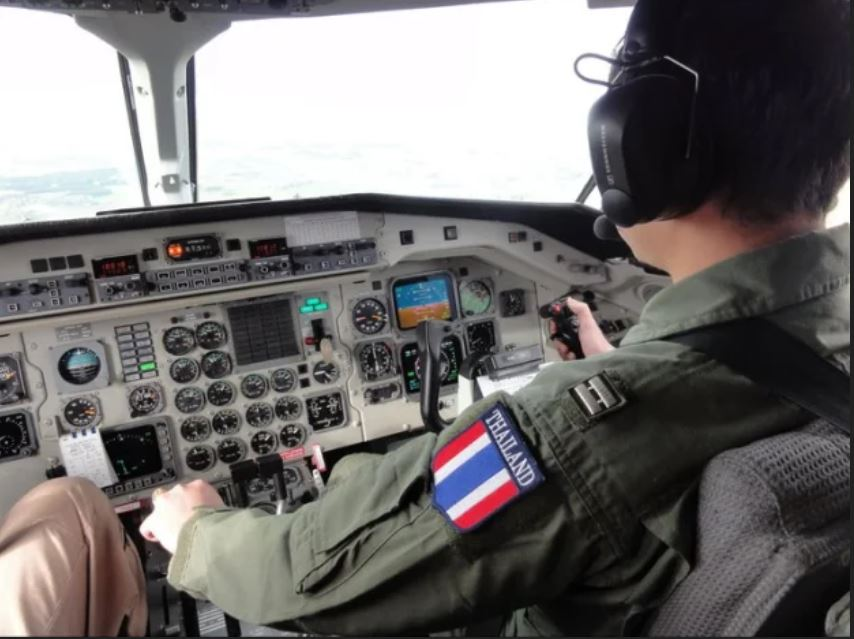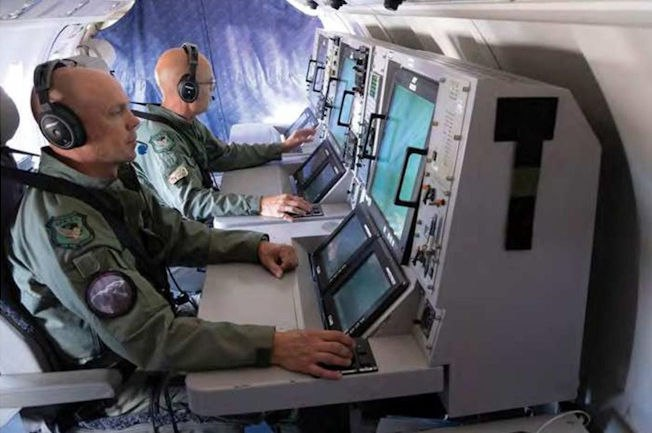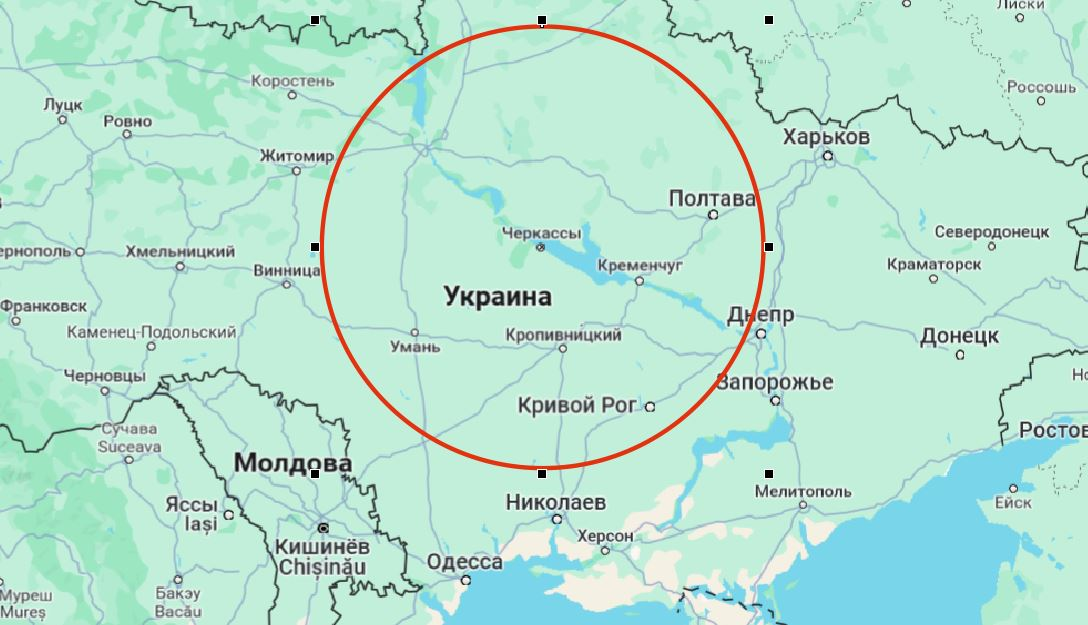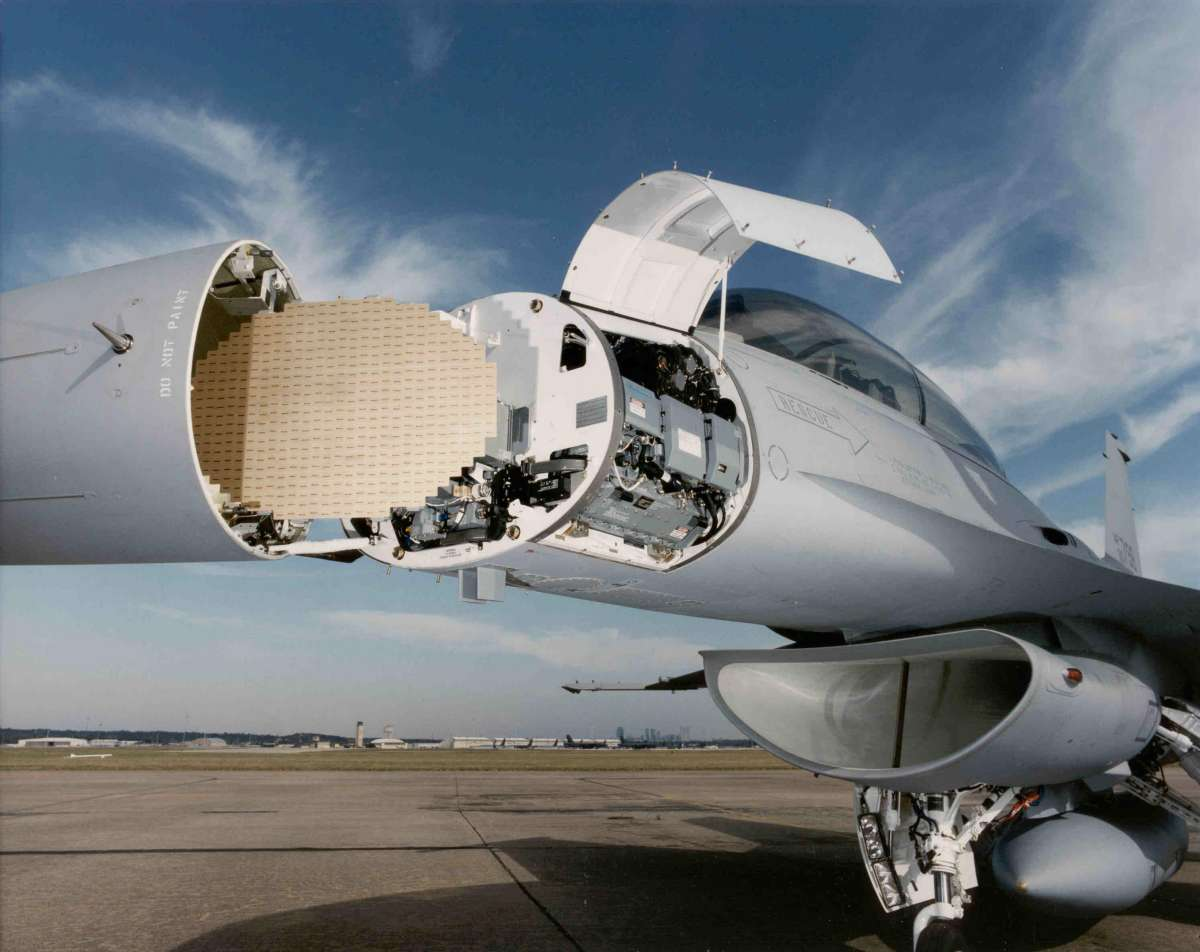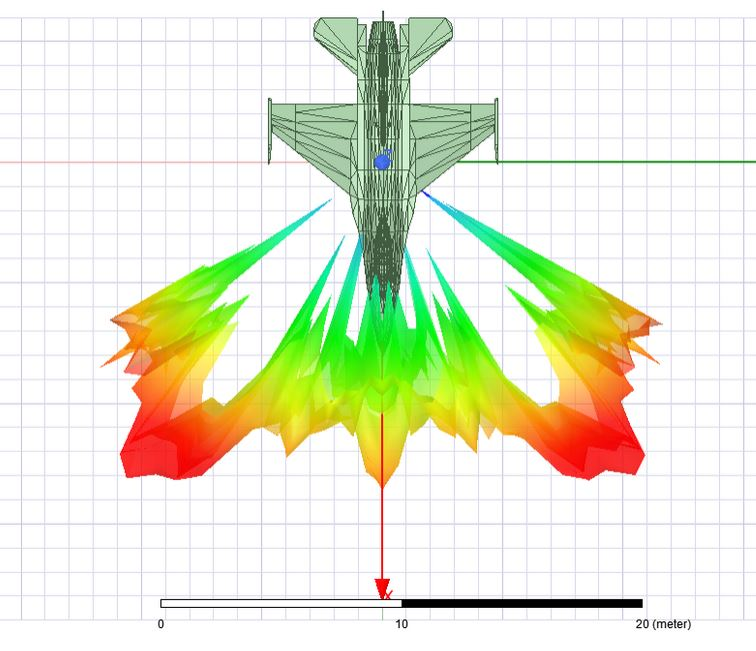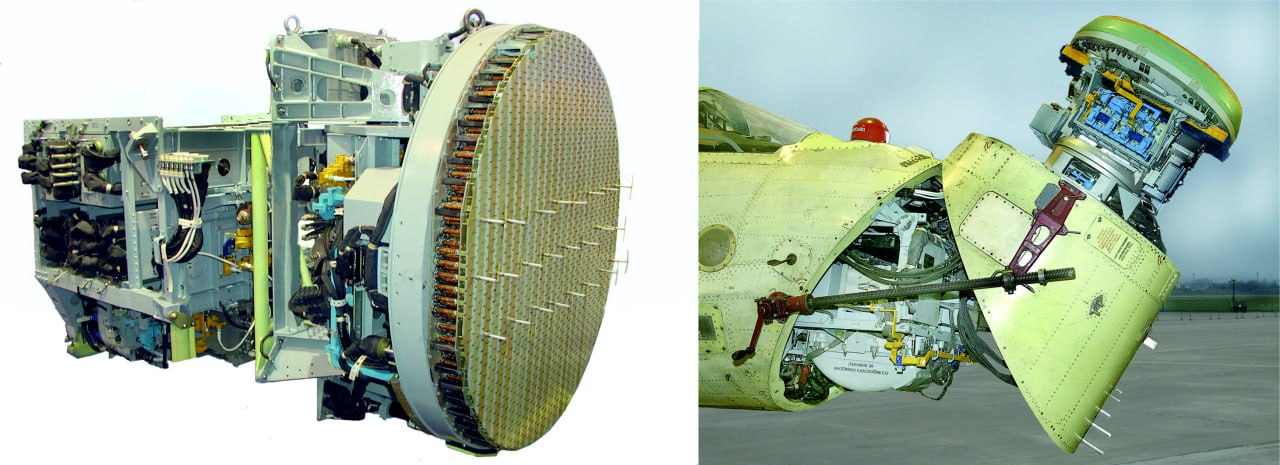The American magazine "Air & Space Forces Magazine" in [...] Chris Gordon's article "Lack of Airpower in Ukraine Proves the Value of Air Superiority, NATO Air Boss Says" ("The lack of air power in Ukraine proves the value of air superiority, said the head of the NATO Air Force") published interesting remarks about the role of military aviation in combat operations on Ukraine, made by the Commander of the US Air Force in Europe and Africa and the NATO Joint Aviation Command, General James B. Hecker, at a conference organized by the Mitchell Institute for Aerospace Studies of the US Air Force and Space Forces Association (Mitchell Institute for Aerospace Studies Air & Space Forces Association) in Washington on March 22, 2023.
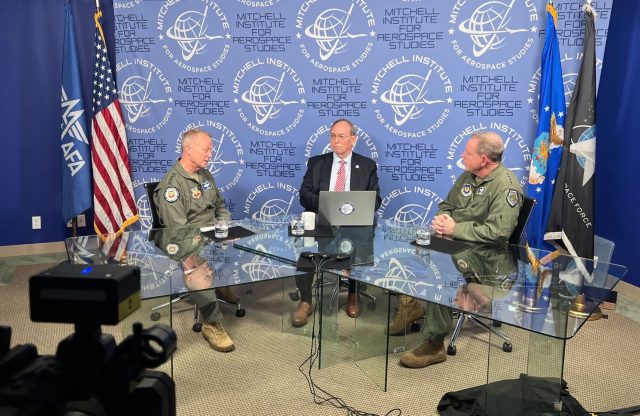
The Commander of the US Air Force in Europe and Africa and the NATO Joint Aviation Command, General James B. Hecker, and the commander of the US Air Force Combat Aviation Command, General Mark D. Kelly, at a conference organized by the Mitchell Institute for Aerospace Studies of the Association of the US Air Force and Space Forces. 03/22/2023 (c) Samantha Mitchell / Air & Space Forces MagazineRussia's actions in Ukraine have proved that air superiority is vital for success in the conflict, General James B. Hecker, Commander of the U.S. Air Forces in Europe [Commander of U.S. Air Forces in Europe-Air Forces Africa], said on March 22, 2023.
"One of the things we see is that either side, whether Russians or Ukrainians, has no opportunity to gain air superiority, which has really turned this conflict into a completely different battle that we haven't seen for quite some time," Hecker said during an event organized by the Mitchell Institute for Aerospace Research Association United States Air Force (Mitchell Institute for Aerospace Studies Air & Space Forces Association).
Hecker put forward a decisive argument: if Russia had gained air superiority at the very beginning of the conflict, Ukraine would have been defeated militarily long ago.
Instead, Russia got into a deadlock because of the Ukrainian air defense and its own ineffective tactics, which allowed Ukraine to gain precious time in order to enlist international support. Since the beginning of 2022, the United States has promised Ukraine more than $40 billion [in aid]. The head of the US Transport Command, Air Force General Jacqueline Van Ovost, said that 1,000 flights of transport aircraft and plus 65 flights of ships were made with aid delivered to neighboring countries, which was then transferred to Ukraine across its land borders. According to Hecker, regardless of the desire of Ukraine's allies, the West would not be able to come to Ukraine's aid in this way if Russia controlled the sky.
"Let's say the Russians would have air superiority," he said. "If they had it, no weapons ... would have got there [to Ukraine], because Russian direct air support would have hung over these supply lines coming from other countries, and as soon as it [weapons] would have got to the territory of Ukraine, they would have been destroyed."
Conversely, Ukraine struggled to contrast its small air force with Russia's air defense. Hecker said that more powerful aircraft on the Ukrainian side could deter the Russian invasion in its initial stages.
Instead, a violent conflict has been going on for more than a year. Both sides lost tens of thousands of people in the battles that are now taking place with the use of 155-mm howitzers and HIMARS missiles - two types of systems that the United States was able to deliver across the border to Ukraine. Russia has resorted to barrage ammunition provided by Iran and to cruise missiles to strike Ukraine from the air.
"Massive destruction, huge casualties - it's just something we're not used to," Hecker said.
Hecker's determination on the importance of air power has broad implications, given his position as Commander of the United States Air Forces in Europe (USAFE) and the NATO Joint Air Command, which makes him responsible for the air forces of the 30 countries of the alliance. From the very beginning of the conflict, NATO's activities have expanded from airspace patrol missions, during which fighter jets perform combat air patrols, to exercises that resemble NATO's actions if Russia expanded its war to the West, which would trigger article V - paragraph on mutual defense of the alliance.
"What we are looking at and focusing on at USAFE is what we can do to ensure that we get air superiority if we have to apply Article V, and then what we can do to make sure that our opponent does not get air superiority"," Hecker said.
Hecker pays special attention to the fact that NATO can quickly suppress the enemy's integrated air defense systems (IADS).
"The number one priority to make sure that we can get air superiority is to make sure that we can meet the challenges of fighting IADS," Hecker said. "What we've seen from both sides, both Russia and Ukraine, is that their integrated air defense and missile defense works pretty well, to the point that they shoot down each other's planes, and the planes don't play the role they could to focus more on gaining air superiority."
Ukraine has lost about 60 aircraft, and Russia has lost more than 70 aircraft, Hecker said at a symposium of the Association of the US Air Force and Space Forces AFA Warfare in early March.
NATO, in turn, should strengthen its own air defense system, Hecker said. According to him, the US Air Force should also expand the exchange of information between allies and focus on the concept of distributed operations Agile Combat Employment (ACE) in order to distribute its goals.
In the role of USAFE Commander, Hecker helps the United States provide Ukraine with targeting information. The United States has also supplied [Ukraine] with weapons, including AGM-88 HARM anti-radar missiles to defeat Russian anti-aircraft missile systems, as well as 500-pound JDAM-ER guided aerial bombs of extended range.
America refused to provide [Ukraine] with long-range ATACMS missiles for HIMARS and banned the use of American weapons against Russian territory. The Ukrainian Air Force will also receive assistance in the form of donations of 17 Soviet MiG-29 fighters from Eastern European NATO allies. But Russian air defense is mainly concentrated in Belarus and Russia, which creates an additional problem for MiGs, Hecker said.
"Any more [planes] will help," Hecker said. "This will allow them [Ukrainians] to act in different directions, which will complicate the problem facing Russia."
There is one aspect of the war that, according to Hecker, should remain unchanged.
"In the short term, we need to do everything to prevent Russia from gaining air superiority," he said.
Speech by U.S. Air Force Generals James B. Hecker and Mark D. Kelly at a conference organized by the Mitchell Institute for Aerospace Studies of the Association of the U.S. Air Force and Space Forces:



